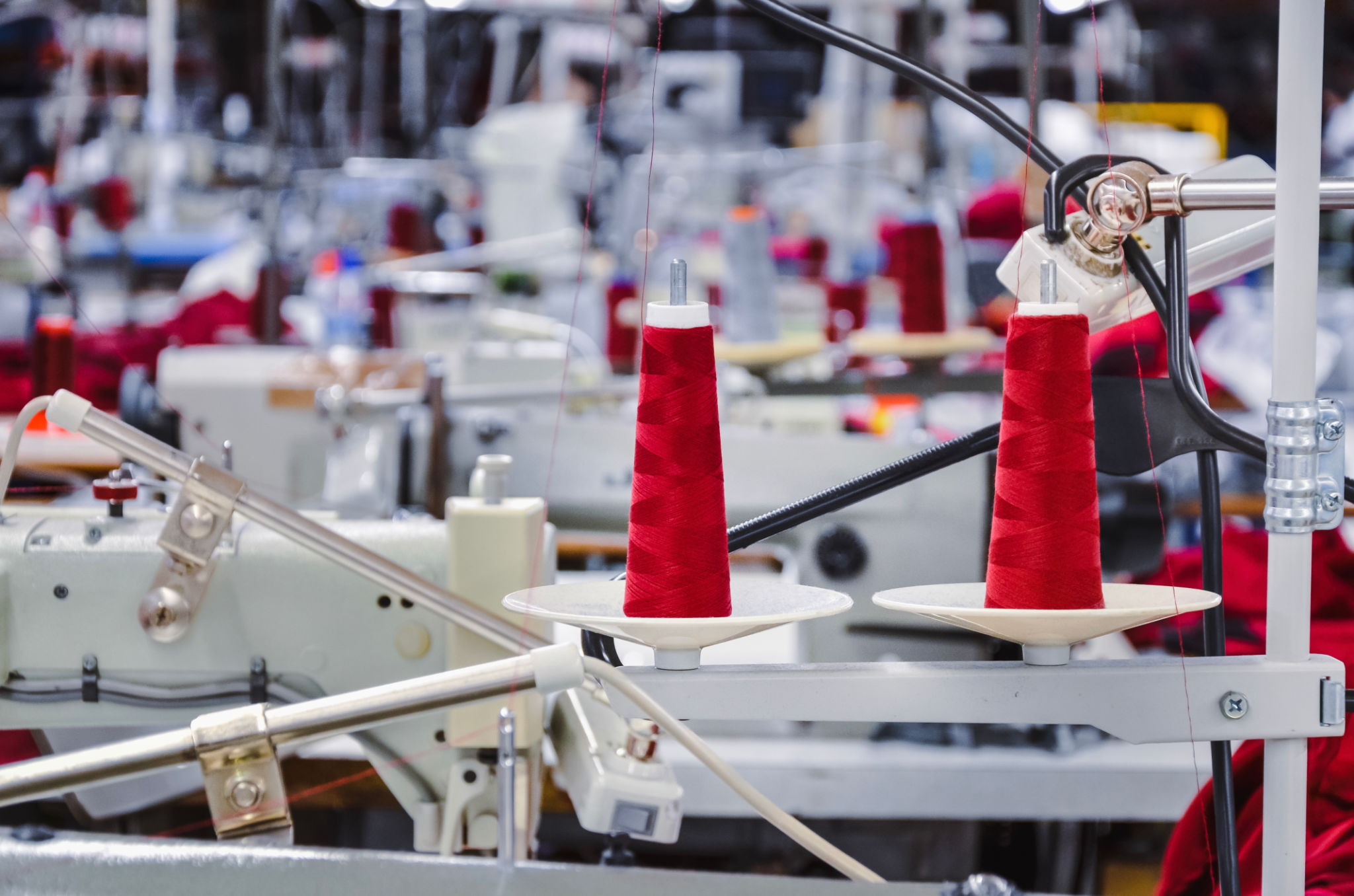Debunking Myths About Fashion Manufacturing: What You Should Really Know
Fa
Understanding Fashion Manufacturing
Fashion manufacturing is a complex and multifaceted industry, often shrouded in misconceptions. These myths can shape our perceptions and influence our purchasing decisions. By debunking these myths, we can better understand how the industry truly operates and make more informed choices.

Myth 1: Fast Fashion Equals Poor Quality
A common misconception is that fast fashion is synonymous with poor quality. While it's true that some fast fashion brands may prioritize speed over durability, many companies are now focusing on improving the quality of their garments. By investing in better materials and construction techniques, they aim to provide affordable options without compromising on quality.
It's important to differentiate between brands that cut corners and those that genuinely strive to offer high-quality products at lower prices. With increased consumer awareness, many brands are becoming more transparent about their manufacturing processes.
Myth 2: Fashion Manufacturing Is Always Unethical
While unethical practices have been reported within the industry, it's misleading to assume that all fashion manufacturing is exploitative. Many companies are committed to ethical practices, ensuring fair wages, safe working conditions, and sustainable sourcing of materials. These businesses often undergo rigorous audits and certifications to prove their adherence to ethical standards.

Consumers can support ethical fashion by looking for certifications such as Fair Trade or by researching brands' sustainability reports. This empowers individuals to make choices that align with their values.
Myth 3: Sustainable Fashion Is Too Expensive
Sustainable fashion is often perceived as being out of reach for the average consumer due to high costs. However, this is gradually changing as more brands enter the market with affordable sustainable options. By using innovative materials and production techniques, companies can offer eco-friendly clothing at competitive prices.
Moreover, investing in sustainable fashion can be cost-effective in the long run. High-quality, durable garments last longer, reducing the need for frequent replacements. This not only benefits the environment but also your wallet.

Myth 4: Fashion Manufacturing Is Stagnant
Another myth is that the fashion industry is resistant to change and innovation. In reality, fashion manufacturing is constantly evolving, driven by technological advancements and changing consumer demands. From 3D printing and automation to digital design tools, technology is revolutionizing how clothes are made.
This innovation not only enhances efficiency but also allows for greater customization and personalization of products, catering to diverse consumer preferences.
Myth 5: All Clothing Is Mass-Produced
While mass production is prevalent, not all clothing is produced on a large scale. Boutique brands and independent designers often focus on small-batch production, emphasizing quality and uniqueness over quantity. This approach allows for greater attention to detail and often results in more distinctive pieces.

Consumers looking for unique fashion items can explore local designers or custom-made options that value craftsmanship over mass-market appeal.
The Future of Fashion Manufacturing
The future of fashion manufacturing looks promising as the industry continues to address these myths. With growing awareness and demand for ethical, sustainable, and innovative practices, the industry is poised for positive transformation. As consumers, staying informed and supporting progressive brands can drive this change forward.
By debunking these myths, we gain a clearer understanding of fashion manufacturing, paving the way for more conscious consumption and a more sustainable future.
